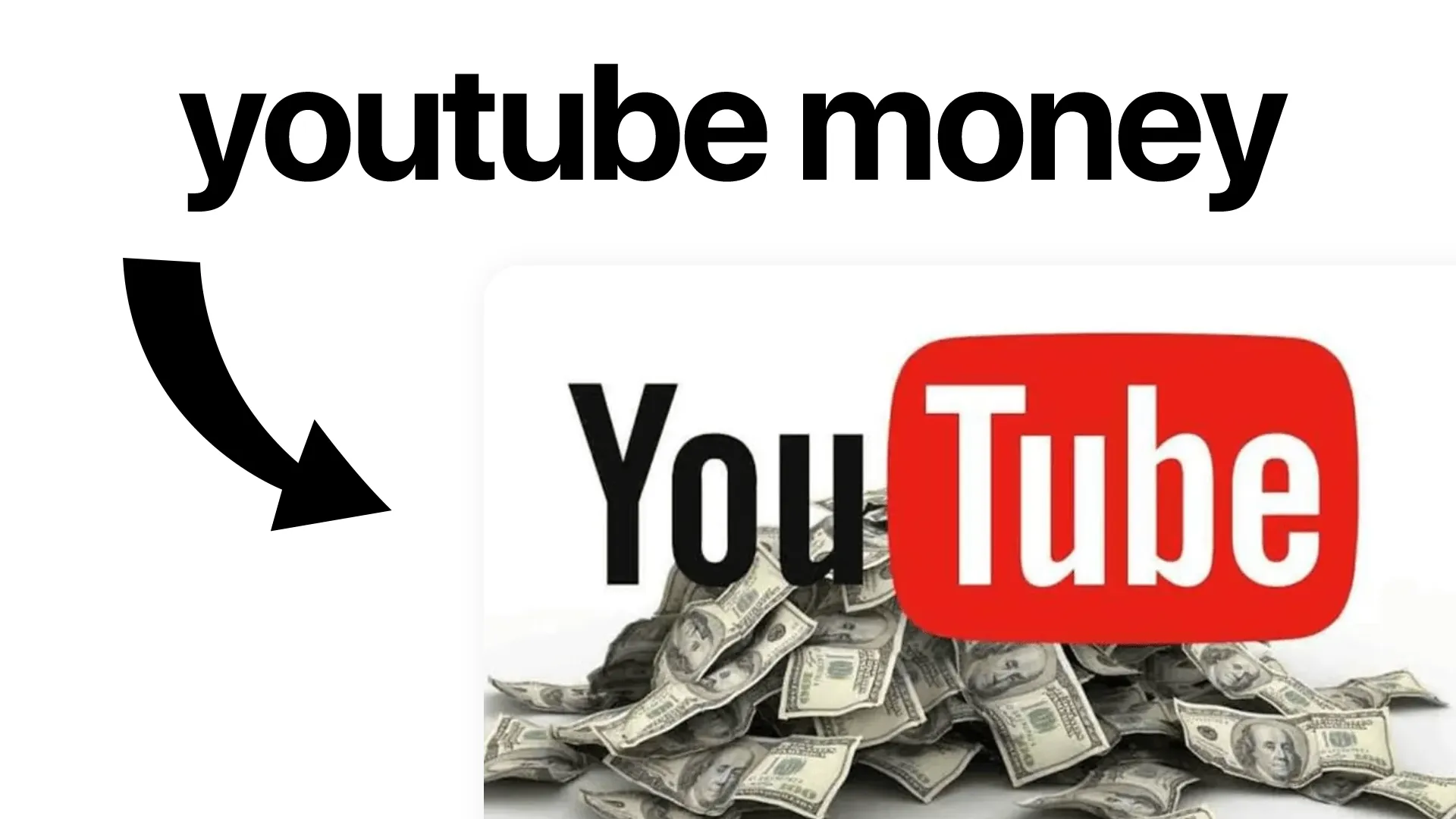YouTube is more than just a place to watch videos—it's one of the best platforms in the world to build a business, grow an audience, and actually earn a real income. Whether you're just starting out or already have a growing channel, there are more ways than ever to make money on YouTube. This guide will walk you through the main income streams, expert tips for each, and real examples to help you get started (or level up).
How Do People Make Money on YouTube?
Making money on YouTube is about more than just getting views. Top creators earn from several sources at once. Here are the most common ways:
- Ad Revenue: Earn money from ads shown on your videos through the YouTube Partner Program.
- Sponsorships: Get paid to feature or review products and services.
- Merchandise: Sell your own products like T-shirts, mugs, or digital goods.
- Channel Memberships: Fans pay monthly for exclusive badges, emojis, or extra content.
- Affiliate Marketing: Promote products and earn a commission on every sale made through your link.
- Super Chats & Stickers: Get direct support from fans during livestreams.
- Crowdfunding: Use sites like Patreon or Buy Me a Coffee to get extra support from your community.
- Courses & Services: Sell your knowledge with online courses or offer coaching and consulting.
Step 1: Join the YouTube Partner Program (YPP)
To start earning ad revenue, you need to be accepted into the YouTube Partner Program. Here are the basic requirements:
- At least 500 subscribers
- 3,000 public watch hours in the last 12 months, or 3 million Shorts views in 90 days
- Follow all YouTube monetization policies
- Have an AdSense account
Once you meet these, apply for YPP in your YouTube Studio dashboard. After approval, you'll earn money whenever ads play on your videos.
Step 2: Explore Other Income Streams
Don't rely on ad revenue alone—most successful creators have multiple income streams. Here's how each one works:
| Income Source | How It Works | Best For |
|---|---|---|
| Ad Revenue | Get paid when viewers watch ads on your videos | All channels in YPP |
| Sponsorships | Brands pay you to feature their products | Any size, especially with a targeted audience |
| Merchandise | Sell branded products or digital downloads | Channels with an engaged fanbase |
| Channel Memberships | Viewers pay a monthly fee for perks | Creators with loyal communities |
| Affiliate Marketing | Share links to products and earn commissions | Review, tech, and tutorial channels |
| Super Chat & Stickers | Fans tip you during livestreams | Live streamers |
| Crowdfunding | Fans support you via platforms like Patreon | Creators with dedicated followers |
| Courses & Services | Sell online classes or offer consulting | Experts and educators |
Step 3: Build an Audience That Brands Want
- Find your niche: The more specific your topic, the easier it is to attract loyal fans—and brand partners.
- Engage with your community: Reply to comments, ask questions, and encourage viewers to interact.
- Be consistent: Upload on a regular schedule so viewers know when to come back.
- Optimize your videos: Use clear titles, strong thumbnails, and well-written descriptions to get found in search.
- Share across platforms: Promote your channel on Instagram, Twitter, TikTok, and more to grow faster.
Step 4: Start Pitching to Brands (Even If You're Small!)
You don't need a million subscribers for brand deals. If your channel is focused and your audience matches a brand's customers, you can pitch at any size. Here's how:
- Research brands that fit your channel or audience
- Craft a short, clear pitch that shows how you can help them reach your viewers
- Mention results, engagement, and your community's interests (not just your views)
- Offer value, like product reviews, integrations, or even creating content for their channel
Pro Tip: Always ask your audience what products or brands they use—this makes your pitch even more valuable!
Step 5: Diversify for Long-Term Success
Don't put all your eggs in one basket. Platforms change, algorithms shift, and trends move fast. Having several ways to earn gives you stability and room to grow, even when things get tough.
Real Examples: Small Channels Making Real Money
- Tech Reviewers: Many tech channels earn more from affiliate links (like Amazon) than ad revenue, even with a few thousand subscribers.
- Gaming Streamers: Viewers send Super Chats during streams, and memberships bring steady monthly income.
- Education Channels: Creators offer courses, paid downloads, or consulting, often earning more than they do from ads.
- Family Vloggers: Merch and sponsorships become the main income after building a loyal community.
FAQ: Making Money on YouTube
How many views do you need to make money on YouTube?
There's no exact number! With the YouTube Partner Program, you need 500+ subscribers and 3,000 watch hours (or 3M Shorts views). Other income streams, like sponsorships or affiliate marketing, can start even earlier.
How much do YouTubers really make per 1,000 views?
On average, YouTube ad revenue pays $1–$5 per 1,000 views, but it varies widely by niche, location, and audience.
Can you make money on YouTube without showing your face?
Yes! Many channels succeed with animation, tutorials, gameplay, or voiceovers. Your creativity is what matters most.
What's the best way to get sponsors as a small creator?
Focus on a clear niche, know your audience, and pitch brands whose products your viewers will love. Share proof of engagement, not just views.
Is YouTube a reliable way to earn a full-time income?
It can be, but it takes time, consistency, and often multiple income streams. Treat it like a business for the best results.
